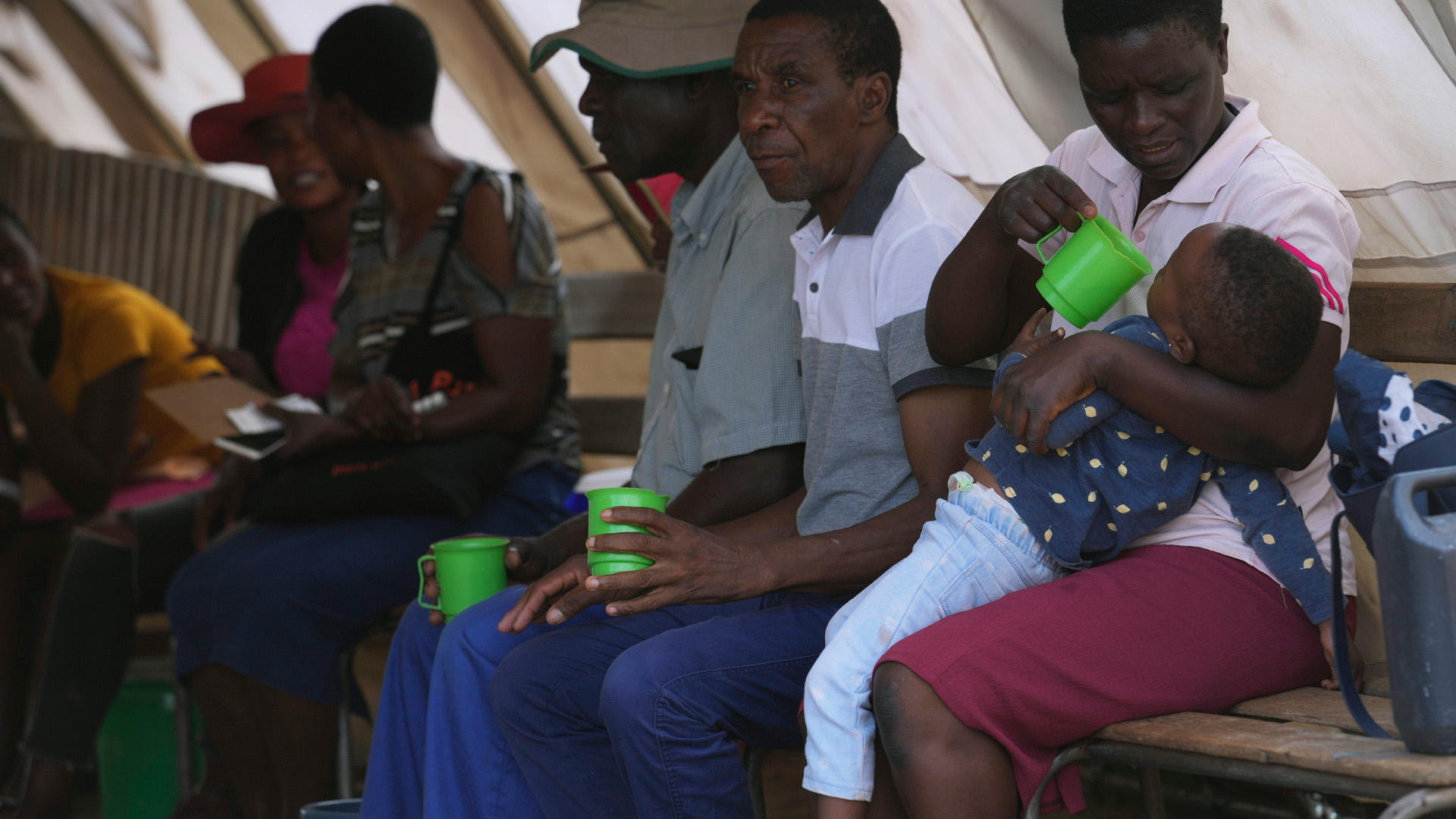
The latest negotiation text of the World Health Organization’s proposed pandemic treaty includes language encompassing not only equitable access to critical medicines and vaccines but also sustainable production of these products to ensure they are promptly available when the need arises.
Canadian proposals which would have undermined equitable access were thankfully not incorporated into this draft.
Throughout the development of the treaty and of other recent international and domestic instruments to tackle pandemics, the discussion has focused on novel vaccines and tools for new and emerging pathogens.
However, the world must glance backward as well as forward. We cannot forget the ongoing need for access to vaccines and tools to combat old foes from past pandemics.
As the Canadian government often said of COVID-19, it’s not over anywhere until it’s over everywhere. Yet as Canada embarks on a domestic biomanufacturing strategy, sustaining access to these older vaccines, and filling existing gaps for both old and new drugs ignored by the commercial market, is largely overlooked.
Canada must do its part, in both its domestic policies and in negotiating international instruments, to ensure that valuable existing tools are not forgotten.
Forgotten, but not gone
October marked the one-year anniversary of the announcement that a global shortage of cholera vaccine had forced the International Coordinating Group (ICG), the international body that manages emergency supplies of vaccines, to suspend the standard two-dose cholera regimen.
Despite scaling back to a less effective one-dose regimen, the ICG-managed stockpile still ran out in December 2022. This severe shortage came in the midst of a major upsurge of cholera, with more than twice as many cases reported as in the previous year.
Cases were reported in 44 countries in 2022, a 25-per-cent increase from 2021. Seven of those countries reported more than 10,000 cases. Cholera, and lack of access to the cholera vaccine, have remained serious concerns in 2023.
The key reason for the current shortage is that pharmaceutical companies don’t see the production of sufficient cholera vaccines for all those who need them in lower-income countries as a sufficiently lucrative market.
Indeed, a crucial element behind the shortage was the decision by Shantha Biotechnics — a subsidiary of pharmaceutical giant Sanofi and one of just two manufacturers of the cholera vaccine in the ICG-managed stockpile — to discontinue production at the end of 2022.
While Sanofi provided advance notice, other companies did not step in to fill the void in the market. Nor did Sanofi call off its discontinuation once the supply crisis became apparent.
Even as the stockpile’s remaining supplier, South Korea’s Eubiologics, increases production and other sources belatedly emerge, global demand is still not being met. In May, Gavi, a partnership aiming to increase immunization in lower-income countries, made the grim prediction that the shortage would not be resolved until 2025.
Equitable distribution… but an inadequate supply
This bears a moment of reflection. In December 2019, COVID-19 was a novel disease with no vaccine. Within two years, not only had numerous effective vaccines been developed (sometimes pioneering novel technology), but more than eight billion doses had been administered worldwide (albeit inequitably).
Compare this to the 120 million doses of cholera vaccine distributed in total from the ICG stockpile in the first decade since its founding in 2013.
Clearly, manufacturing a far smaller amount of a pre-existing vaccine should be achievable in less time than it took to develop and roll out novel vaccines, some using novel technology, for a previously unknown disease. However, doing so requires adequate resources and attention.
It is ironic that while COVID-19 has been the primary impetus for negotiating equitable access to vaccines, cholera has attracted so little attention even amid its current vaccine shortage.
After all, it was the multiple cholera pandemics of the 19th century that brought countries together to create the first multilateral legal instrument in response to infectious disease. Today’s international health regulations (IHRs), also currently undergoing revision, are the direct descendent of that first instrument specifically targeting cholera more than 130 years ago.
There are provisions within the draft pandemic treaty regarding measures to assess global production and demand, as well as establishing and maintaining national, regional and international stockpiles.
However, gaps remain when it comes to ensuring that crucial pre-existing products will be available for those stockpiles.
When there’s no will, there’s no way
Some pharmaceutical companies still think they can make money selling cholera vaccines. Unfortunately, those plans don’t involve producing them for residents of less-wealthy cholera-prone countries.
For instance, in February, Bavarian Nordic announced it would acquire Vaxchora, a cholera vaccine for travelers approved in the United States and Europe, from Emergent BioSolutions.
Bavarian Nordic is best known for its mpox vaccine — variously known as Imvamune/JYNNEOS/Imvanex in the different high-income countries where it is available, including Canada, although it has never been marketed in any of the African countries where mpox has been present for decades.
In May, less than a week before Gavi’s grim cholera vaccine forecast, Vaxchora was approved by Health Canada.
Unlike the vaccines distributed via the ICG, Vaxchora isn’t meant for populations regularly exposed to cholera. It is intended to protect people exposed to cholera for the first time, such as travelers from high-income countries. A high-dose version for cholera-endemic countries has yet to be produced.
The result is the disquieting scenario of a tourist from a rich country being able to get vaccinated before visiting a country facing a cholera outbreak while that country’s citizens lack access to necessary vaccines.
Cholera vaccine is far from the only tool that remains vital for global health but has largely disappeared from the commercial marketplace.
Diphtheria antitoxin (DAT) is another example. Diphtheria was once a leading killer of Canadian children. Canada’s Connaught Laboratories, later famed for the discovery of insulin, was originally founded to produce an affordable, accessible supply of DAT.
SERIES: Resilient public institutions and the COVID-19 pandemic
Even amid serious outbreaks of diphtheria in 2023 in Nigeria and elsewhere, few suppliers of this lifesaving treatment remain anywhere.
This lack of supply is also felt in high-income countries. DAT is no longer formally sold in Canada. Instead, different levels of government maintain stockpiles of imported, unapproved DAT in case of emergency.
Meanwhile, lack of commercial interest means new tools for diphtheria treatment struggle to get from lab to patient.
Ensuring tools remain in the toolbox
While ensuring equitable global access to new discoveries is vital — from vaccines for COVID-19 and RSV to monoclonal antibody therapies for Ebola and different cancers — so too is ensuring that longstanding tools remain available to those who still need them.
The global free market has failed in terms of cholera vaccines and other old but important products.
This means that countries including Canada need to act collectively, whether through employing sticks or carrots with private companies or by treating public production of tools such as cholera vaccine as a global public good.
As long as old diseases such as cholera linger, the world needs to collaborate to ensure the tools to fight them remain available wherever and for whomever they are needed.









